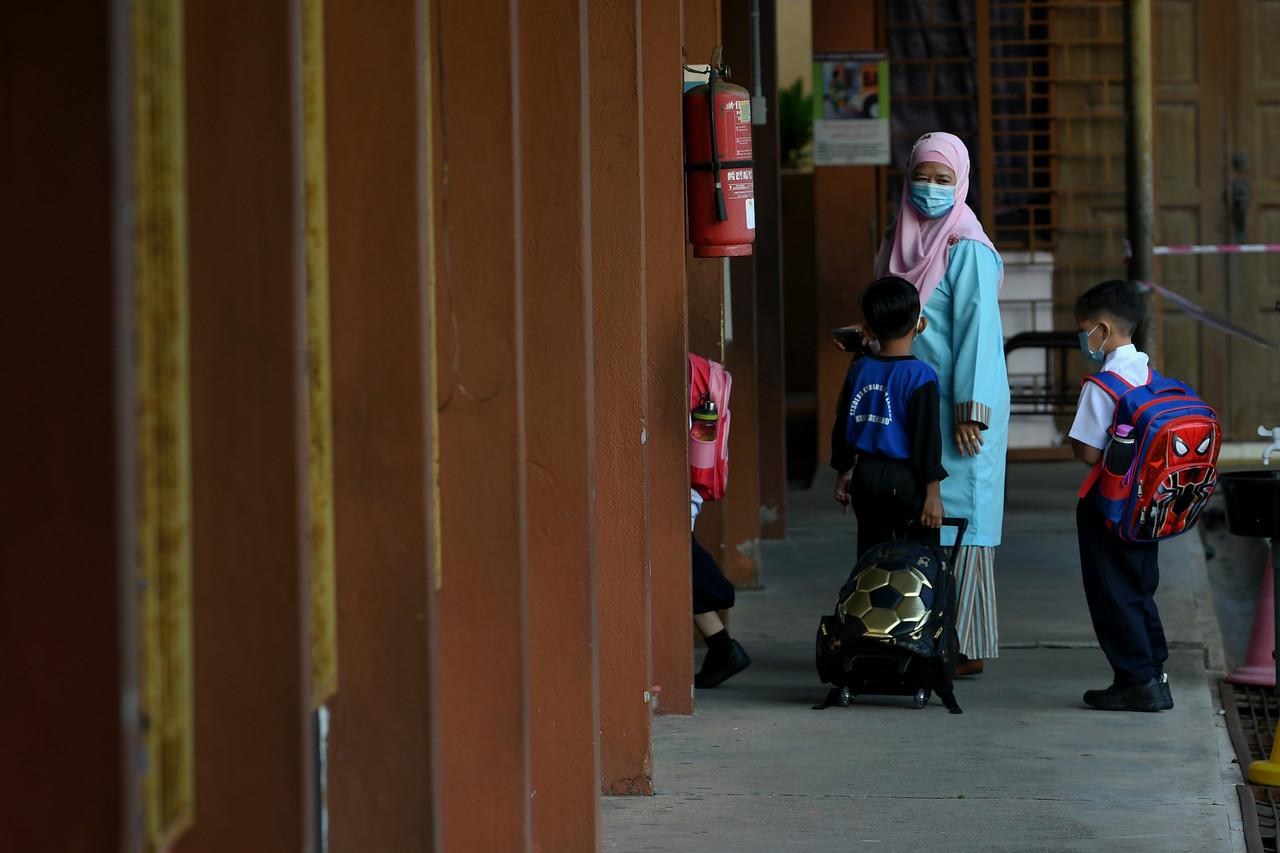‘Spare the rod and spoil the child’ the wrong approach to problem students, experts say
They recommend getting to the root cause of problematic behaviour among students instead of imposing harsher punishments.
Just In
Experts have sought to discourage the use of punishments as a way to resolve long-standing disciplinary problems among students, saying this will only result in further rebellion among those exhibiting negative behaviour.
Those who spoke to MalaysiaNow said it would be more productive to address the root of the problems instead of simply responding to their manifestation.
This follows reports of several students at a secondary school in Kelantan who, after completing their SPM examinations, displayed foul language in messages written to their teachers on the back of their uniforms. They were said to have been charged in court under Section 14 of the Minor Offences Act 1955 which carries a maximum fine of RM100.
Other reports meanwhile said another student, upon finishing his SPM papers, was caught throwing some of his books into a river in an apparent celebration of having completed his exams.
These accounts sparked an angry reaction among some on social media who said disciplinary action should be taken against the students.
One of the suggestions put forth was for the public use of the demerit system, which would see the sum of merit points chalked up by students throughout their academic career made available to prospective employers or universities.
But Putri Afzan Maria Zulkifli, an early childhood practitioner, said punishments should not be seen as the way forward in handling disciplinary issues.
“Making rules stricter or attending to disciplinary issues with stringency is not a long-term solution.”
She also spoke of a gap between tackling a matter on the surface level and reaching its root cause, saying disciplinary issues are a long-standing problem in schools.
She said there is often a lack of positive relationship between teachers and students as the pressure to finish the academic syllabus and deal with the necessary paperwork can hinder the development of good ties.
Without a good relationship, she said, there is no trust.
“Making rules stricter or attending to disciplinary issues with stringency is not a long-term solution,” she told MalaysiaNow. “It will only make them more rebellious.”
Instead, she said the education ministry should raise awareness among teachers, policymakers and parents on the importance of bringing up children with good values and ethics, adding that grownups would need to play a collaborative role in helping problematic children.
She also urged the ministry to relook the teaching of Islamic and moral classes, questioning the extent to which lessons are “functional”.
“Are these subjects being taught just for the sake of passing exams?”
Noor Azimah Abdul Rahim, president of the Parent Action Group for Education, agreed that punishments would not solve disciplinary issues.
She told MalaysiaNow that such acts are a sign of underlying problems with mental health, saying these students do not know where to seek for help.
She said professional counsellors could play an important role in helping the students.
“Ensure that counsellors are properly and professionally trained to handle such issues from start to finish,” she said. “They should be full-time specialists, not part-time teachers.”
Putri meanwhile said a proper support system should be in place so that students can share their problems.
“Scientifically, when a child shows a behaviour, it is the result of an unsettled emotion. So the behaviour that we are seeing in these teenagers could be just that.”
But both she and Noor Azimah agreed that while teachers can do their best to help problematic students, the ultimate responsibility for instilling good values in children lies with the parents.
“The parents’ role cannot be overemphasised,” Noor Azimah said. “It is the parents who are responsible for moulding children with values. Teachers merely play a supporting role.”
Subscribe to our newsletter
To be updated with all the latest news and analyses daily.
